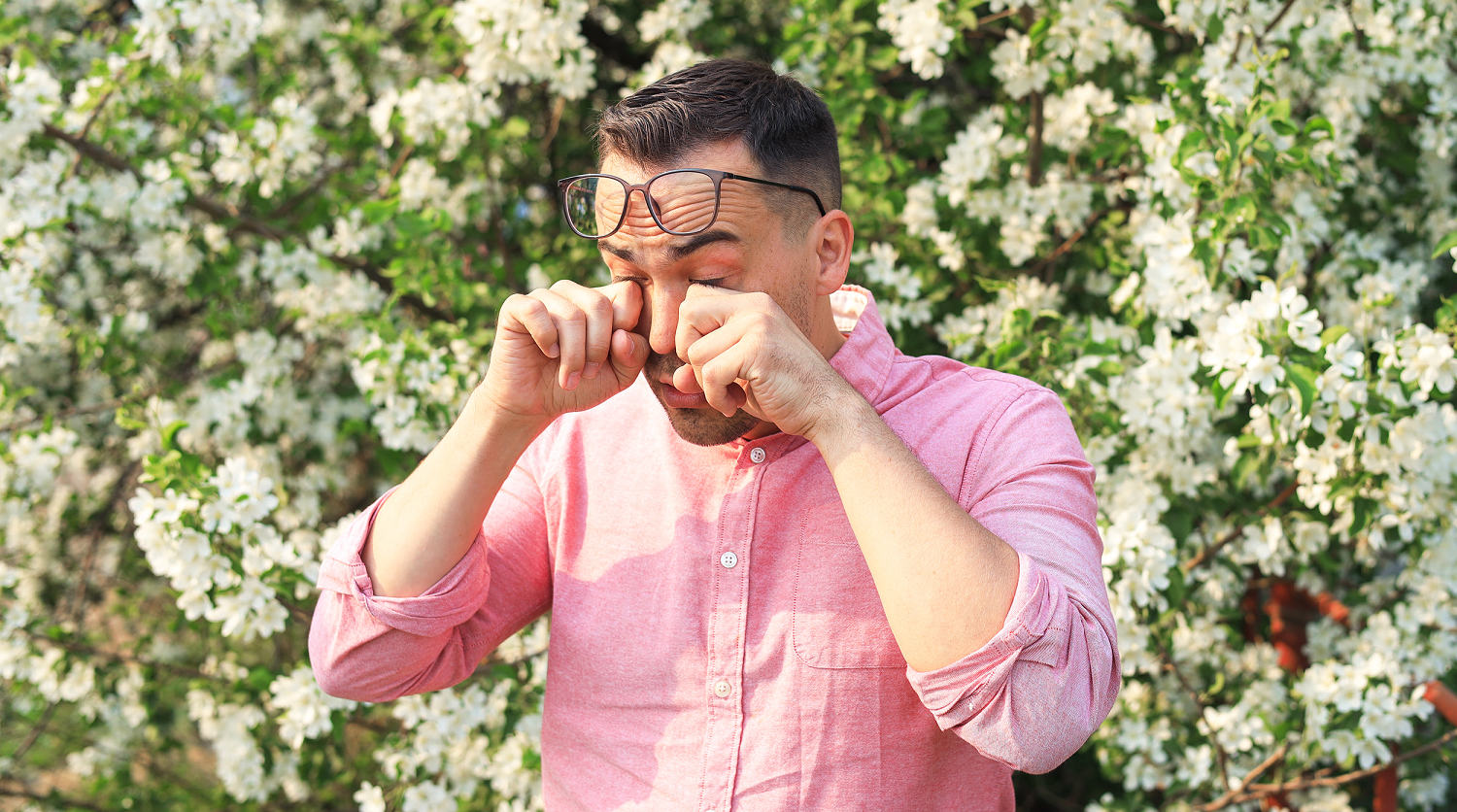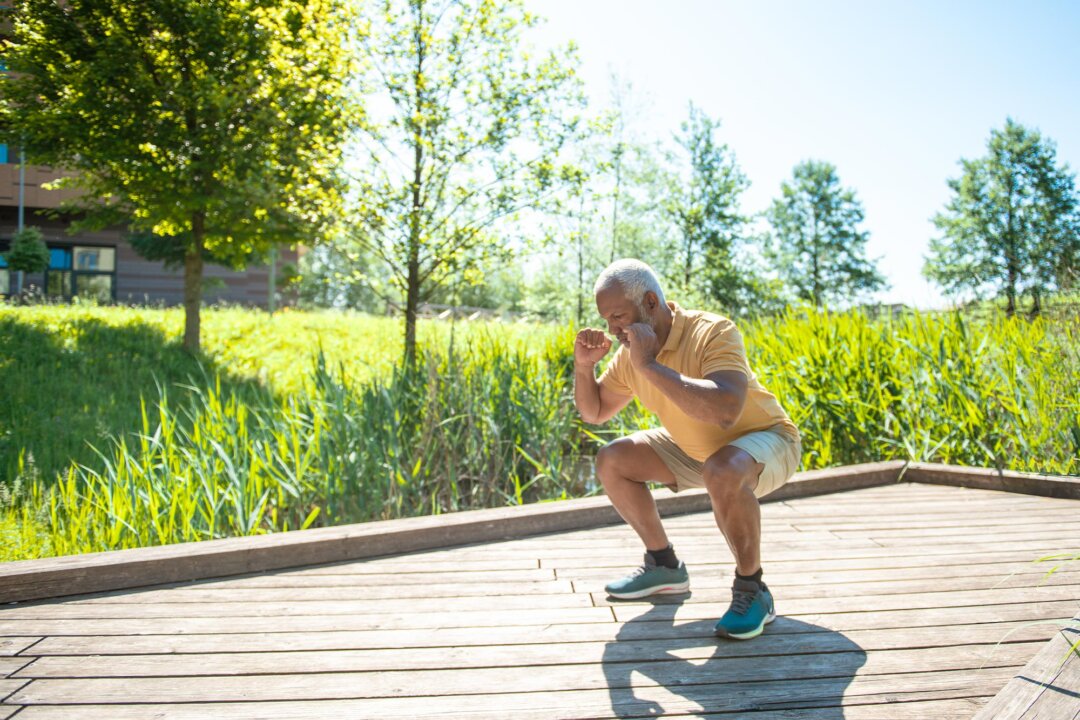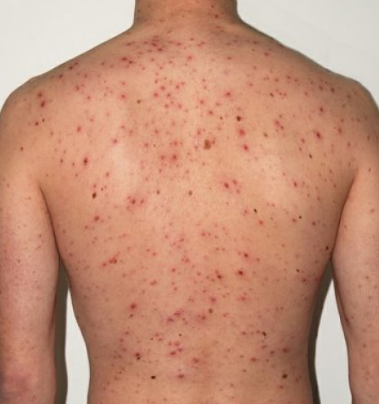Every year, allergy season means the sniffles, congestion, itchy, runny eyes and constant sneezing. And every year, you probably promise yourself that this is the year you’ll find a remedy for your seasonal allergies, also known as allergic rhinitis or hay fever. It might bring you some relief to know you’re not alone.
For three out of four seasons in the U.S., pollen floats through the air, causing a host of symptoms.

In the spring, trees pollinate. During the summer, it's grass, and weeds in the fall, per . Pollen causes allergies in 25.
7% of Americans, the says. Allergies occur when your immune system misidentifies a substance — in this case, pollen — as a threat and has an immune response. Most symptoms aren't life-threatening, but they are uncomfortable, the CDC reports.
If you haven’t pinpointed the best defense against pollen yet, don’t fret. There are plenty of options. And for those looking to get some relief at home, your options range from over-the-counter medications to alleviate symptoms to natural remedies that can offer an added layer of protection.
Here are some of the best natural remedies for allergies you can turn to year after year. “There are many different treatment options and avoidance measures that can be highly effective at making people feel better,” Dr. Dave Stukus, a professor of clinical pediatrics in the division of allergy and immunology at Nationwide Children’s Hospital and fellow of the AAAAI, tells TODAY.
com. Planning around pollen counts during allergy season can also help — you can find this information from the , , and weather apps. If you suffer from allergic rhinitis symptoms but aren’t sure what you’re allergic to or which seasons to worry about, the experts recommend seeing an allergist.
Some other ways to protect yourself from pollen include: “We recommend keeping windows closed at all times inside the home and car to help limit exposure to outdoor pollen while inside,” says Stukus. If it gets warm, crank the air conditioning — it can be very effective to help filter particles like pollen out and keep people cool when the windows are closed, says Stukus. He recommends having HEPA air filters in all home air conditioning units.
“We want people to go outside and be active, but when you come in, change your clothes when you’re done for the day,” says Stukus. Otherwise, you’ll be tracking pollen into your home and bed, where it can keep irritating you all night long, Dr. Purvi Parikh, an allergist and immunologist at NYU Langone Health, tells TODAY.
com. People with seasonal allergies should also shower or bathe before bed to remove pollen from their hair and skin, the experts say. If you have a pet that goes outside, Stukus recommends bathing them regularly or wiping down their coat to help reduce pollen in the home.
It’s important to keep your bedding — sheets, pillow cases, duvet covers and other blankets — as clean and free of pollen as possible. Parikh recommends washing your sheets weekly in hot water to help remove the allergens, and getting dust mite covers for your mattress. “Exposure to multiple allergens can only make things worse,” she adds.
Stukus says an N95 mask can also help block pollen particles, so consider wearing one outside, especially when the pollen count is high or during any activities where you’ll be exposed to lots of pollen, like mowing the lawn. Saline (or salt water) can be sprayed inside the nostrils to help wash out pollen or to soothe the irritated mucous membranes in the nasal and sinus passageways. “In people with seasonal allergies, over time the lining of their nose and sinuses and even lungs can get inflamed and irritated,” says Stukus.
You can buy nasal saline sprays at the drugstore, or create your own at home and use a device like a bulb syringe, . Neti pots are a more powerful way to get the saline throughout the sinus cavities and clear out mucus, says Stukus. “Don’t underestimate the power of staying hydrated,” says Stukus, adding that this can help keep the irritated mucous membranes moist.
is also a good idea for overall health. According to most experts, this means drinking around eight glasses of water every day, . “Exercise can be very helpful.
It just makes people feel better, and there is some evidence to show that focusing on exercise and stress reduction can make symptoms of seasonal allergies less severe,” says Stukus. You may want to exercises indoors during allergy season or when pollen counts are elevated. “Lots of steam can help and sometimes humidifiers can offer benefit as well, especially in the bedroom,” says Stukus.
Steam can help relieve congestion, agrees Parikh, and keep the nasal passageways moist. You can inhale steam directly by taking a hot shower or by standing over a pot of boiling water, she adds. “I recommend caution with the humidifiers because they can get some mold built up over time,” says Stukus.
There are many other natural or home remedies for seasonal allergies that people swear by, but in many cases, there isn’t enough science to back up these claims. “There’s no really good evidence to show that supplements (and vitamins) ..
. whether it’s elderberry or zinc ..
. will offer much relief,” says Stukus. Likewise, studies haven’t shown that eating specific foods, , will help relieve seasonal allergy symptoms, he adds.
“Essential oils have no demonstrated benefit in the treatment of seasonal allergy symptoms, and for some people, they can actually worsen their symptoms,” says Stukus. Referencing the latest clinical guidelines for allergic rhinitis published in 2020, Stukus says there is no good evidence to support the use of acupuncture or herbal medications to treat seasonal allergy symptoms. The allergy treatments that will provide the strongest, longest-lasting relief tend to be medications, from sprays to drops to pills.
Nasal steroid sprays “The most effective medicine across the board for all of the symptoms are nasal steroid sprays,” says Stukus. These are available over-the-counter, sold under brand names like Flonase or Nasacort. These have very few side effects, says Parikh, and deliver the medication right to the source.
“They have to be used consistently on a daily basis to offer the most benefit, so you can’t really do them as needed,” says Stukus. Ideally, people should start using these and continue for the duration, he adds. There are other effective nasal sprays that contain steroids and antihistamines, such as Astelin, says Parikh.
Both experts recommend avoiding the nasal spray , which can be habit-forming. The experts recommend 24-hour or “second-generation” antihistamines like cetirizine (Zyrtec) or fexofenadine (Allegra), which are typically non-drowsy. These work best to relieve itching and sneezing, says Stukus.
“We recommend that people avoid (diphenhydramine) and first-generation antihistamines (for seasonal allergies) because they are sedating, they don’t last very long and have terrible side effects,” says Stukus. If pollen season is hard on your eyes, there are over-the-counter eyedrops that may offer relief. These contain ingredients like antihistamines or mast cell stabilizers, which relieve redness, itching and swelling, and are sold under brand names such as Pataday, Zaditor or Alaway.
“We generally recommend that people avoid vasoconstrictors because they don’t treat symptoms. ..
. Also you can get a rebound effect with prolonged use,” says Stukus. Always talk to a pharmacist if you have questions about the options available at the drugstore.
“Ocular allergy symptoms can be very miserable and difficult to treat,” says Stukus, so if your eye issues are severe or don’t improve with OTC medications, it may be time to see an allergist. If your efforts to control your allergies are unsuccessful and your symptoms still disrupt your day-to-day life, you may consider seeing an allergist. And more severe symptoms should prompt a fast visit to a doctor.
“If you have any breathing symptoms, like coughing, wheezing, chest tightness and shortness of breath, do not treat with home remedies or over-the-counter meds — see a physician,” says Parikh. These are signs of asthma, she says, which can be triggered or worsened by seasonal allergies during pollen season. Caroline Kee is a health reporter at TODAY based in New York City.
She covers a range of medical news, consumer health, and wellness topics. Health Reporter/Editor.
Health

9 best natural remedies to get through allergy season, according to allergists

If you have to deal with seasonal allergies every year, you're likely in need of some remedies. Here experts share natural solutions that actually work.













